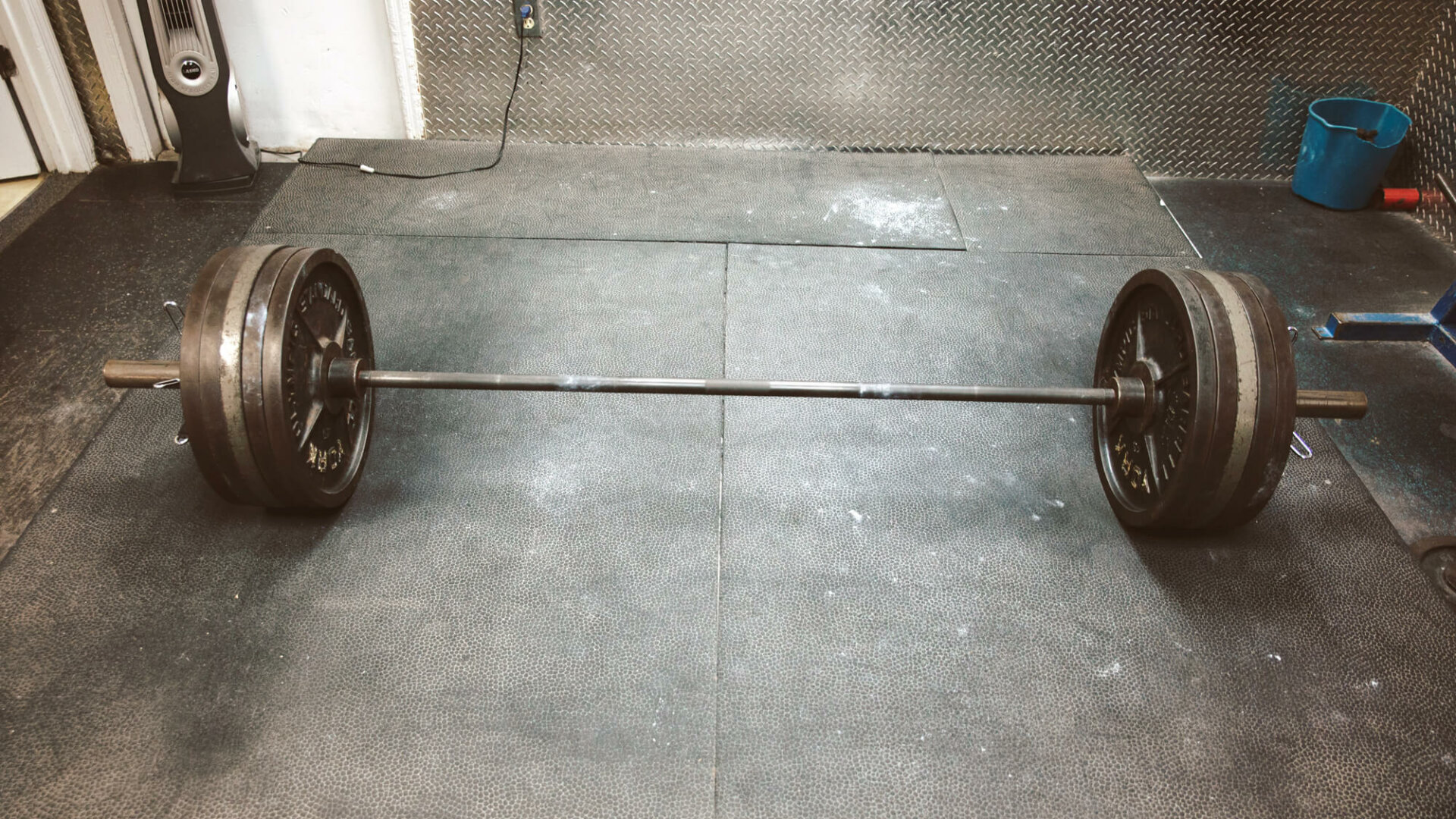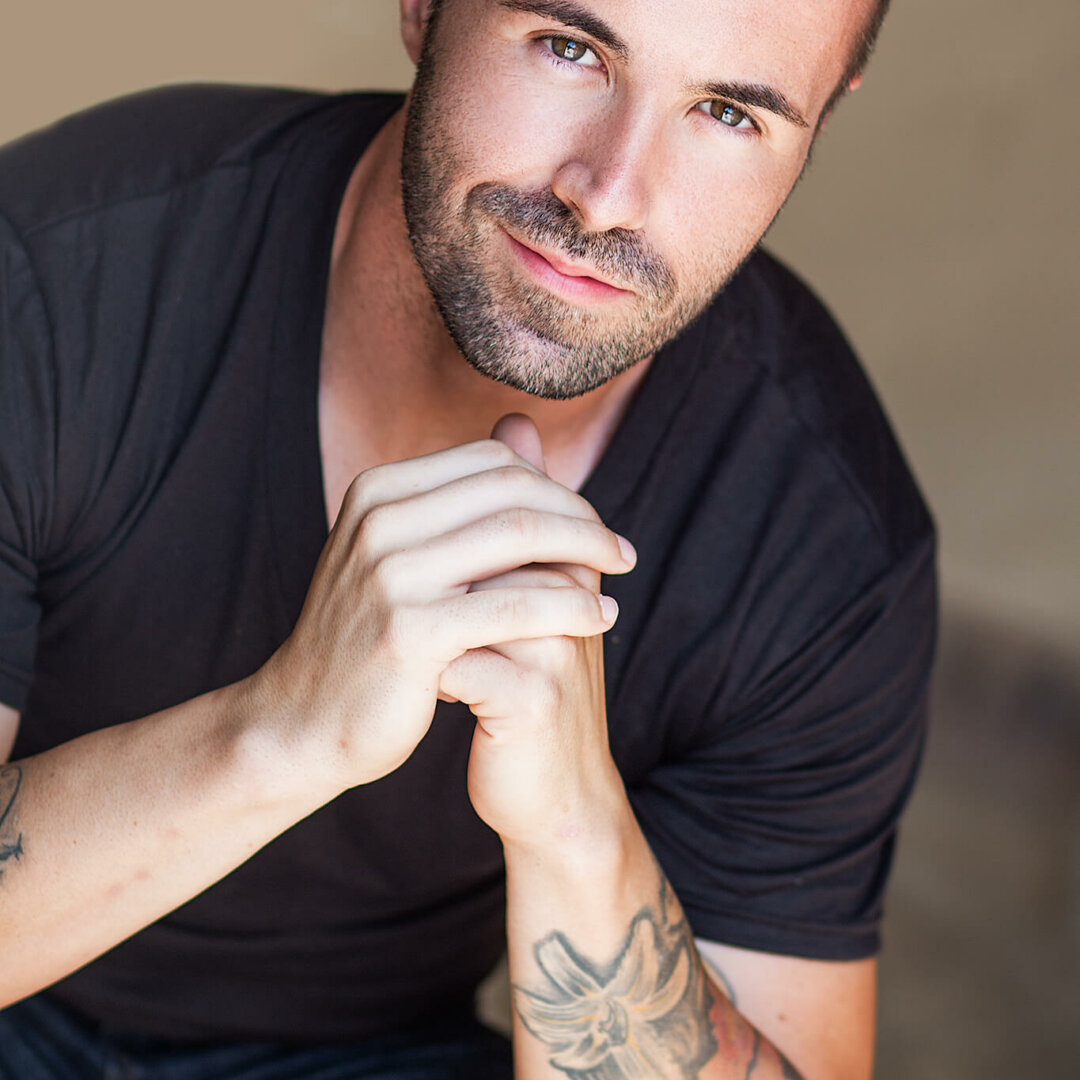You obviously know that in lifting you can’t keep doing the same thing and expect to get better at it. Progressive overload alone shows that to be true. If you don’t increase range of motion, add volume, or add intensity, you’ll stall, and this is a good thing. If you remain uninjured, these principles will still work, albeit with more complexity in some areas.
As the years slog into decades, you might run into a different type of problem. That extra intensity coupled with added volume might start to break you. Then come the injuries. And then, the stark realization that it might be time to retire your Instagram account that lists your total weight lifted, natty status, and sponsorships, all of which were inextricably tied into your identity, not just as a collective member of a group, but as a person.
This doesn’t just happen with lifting either. On a personal level, I dealt with it twice. The first time was after a nine year stint in a death metal band. The second was when I stopped competing in powerlifting. Both of those moments—though happening at different times in my life—cleft my identity, and it took what seemed like a lifetime to come to grips with those losses.
Being a polymath
We have the inherent ability to cultivate a great many skill sets as humans. Maybe it’s a lack of satisfaction, or maybe it’s because in comparison to Tolkien’s elves, we don’t live very long, and in that short life span we find the drive to outwork ourselves and each other.
Paradoxically, we also like to hone in and specialize on something with such intent that we can have a shot at being the best. In my opinion, too much specializing can destroy our gestalt, especially when you can’t embody your specialization. For the lifter, it’s important to know when to go narrow and deep AND when to back off.
I’ve talked about how backing off can be advantageous for your musculoskeletal tissues on here before, but it can also be good for your head to develop other skills. I’ve even laid out sound reasoning to take up hobbies other than lifting too, but being a polymath—or “Renaissance man” as it’s referred to in the general vernacular—can help you beyond your physical tissues.
Gestaltism
To sum up gestalt psychology, Kurt Koffka stated that “the whole is something else than the sum of its parts.” Whether you abide by this or not is not the point. Bringing it back to the original point, an elite level athlete is a specialist at something. Often times, that’s what they do for a living, and if you have ever specialized in something, you know it actually informs and becomes your identity. I don’t know for sure, but I suspect that’s why people are always quick to ask “what do you do for a living?” whenever they meet someone new. Personally, from 2000-2009, I was Peter Baker, the death metal guy. When that was over, the sense of existential dread and overall emptiness felt very real. Instead of focusing on and building up Peter Baker the human, I lamented over a nonexistent construct.
Of course, my life required a bit of reconstruction after the loss of my death metal status, but then again, anything that shakes a foundation will do so. Enough about me. It’s time to get into what you can actually do should you come face to face with an identity crisis.
An old Axiom
There’s a saying and it’s existed for years. When you hear it, it’s often negative in tone and the intent is to mock someone’s aptitude.
“Those who can’t do, teach.”
I know you’ve heard that before. In reality, if you can do something, you might do well to teach as well. It’ll make you better at performing the task you’re teaching. Furthermore, you might also gain an appreciation for how different and how similar we are to each other.
Not only that, but if you’re in a communal athletic endeavor, like powerlifting, and you have to retire, teaching still yields the opportunity to be among the community and remain involved. Like everything else in life, the context and breadth changes, but the activity itself doesn’t have to go away completely. So, one option is to learn to teach, and then do it.
Go off on a tangent
If you’ve been engrossed in a methodology for a long time, it can become hard to accept other styles and viewpoints. Using powerlifting as an example, lifting weights is the end and the lifting of them defines your success in the sport. So, if you can’t compete anymore, there are other things you can do that still involve training. For those activists, lifting is one of a few different means to a different end.
Using the powerlifting example, a logical next step would be to compete in bodybuilding. It won’t be easy, of course. If you’ve not been exposed to bodybuilding methodologies before, they will seem foreign to you. If you aren’t accustomed to higher volume training, you might even get some DOMS that you haven’t experienced in a while. With these new methodologies come new mental and physical adaptations. We can experience these without sacrificing our love of lifting.
Pivot
This option might be the hardest because it has you doing a complete 180 from everything you’ve done before. On a physical level, it can be great. If you went from something like bodybuilding or powerlifting—where the goal is to stay as tight as you can—to a sport like Brazilian Jiu-Jitsu (BJJ), or modern dance, then you’ll be retraining your nervous system and muscle tissue in all new ways. Mentally, you’re learning something wholly novel. As such, you are subject to the frustrations of a beginner and the adaptation process all over again. Often, people tend to forget what that’s like, so it definitely doesn’t hurt to walk in those shoes again. You might even learn relate to people better as you go through this process.
Conclusion
Ideally, if time permits, you will develop a variety of skills to avoid having an identity crisis. If you do believe that we are merely the parts we play, would it not be wise to have several parts, instead of one huge part that you stake your entire identity upon? This also extends beyond sports. You’re a multifaceted person whose personality lies in more than just the weight you lift, or how you look.






